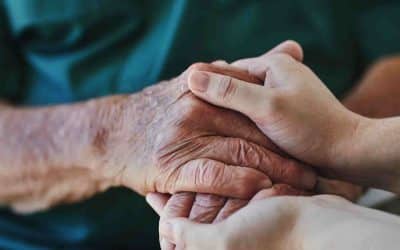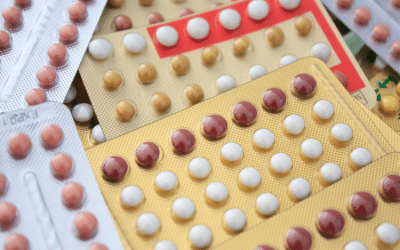On the 20th anniversary of the Convention on Human Rights and Biomedicine (Oviedo Convention), the Bioethics Committee (DH-BIO) of the Council of Europe held an international conference on October 24-25, 2017 on its relevance and challenges.
This international convention is the only legally binding international instrument to “protect Human Rights and the dignity of human beings with regard to the application of biology and medicine“. This reference text uses the principles of human rights; applying them to medicine for the protection of Human Rights. Signed on April 4, 1997, the convention became effective in December 1999. It has been ratified by 29 member states of the Council of Europe.
The text prohibits creating human embryos for research purposes, while allowing national legislation to rule on the issue of embryo research.
Furthermore, Article 13 states that any intervention seeking to modify the human genome cannot be undertaken if it modifies the genome of descendants.
Based on these principles, on October 12th the Parliamentary Assembly of the Council of Europe voted a recommendation to reaffirm the ban on inducing pregnancies from embryos or from genetically-modified gametes, and to establish common rules for the 47 member states of the Council of Europe.
The British representative of the DH-BIO protested that the Convention was too rigid, and asked for changes regarding modifications on the human genome. These remarks were followed by considerable controversy, especially since the United Kingdom has not yet ratified the Convention. The tension could be felt between those who value human dignity and those pushing for unbounded research.
Several speakers called for a straightforward public debate to restore confidence in medicine. Taking ethical and human rights values into account does not hinder, but rather encourages a science with conscience.
Ten year Strategy on Palliative Care : Disappointment and Concern
Ten year strategy on palliative care: Disappointment and concern 1.1 billion euros over 10 years for palliative care,...



